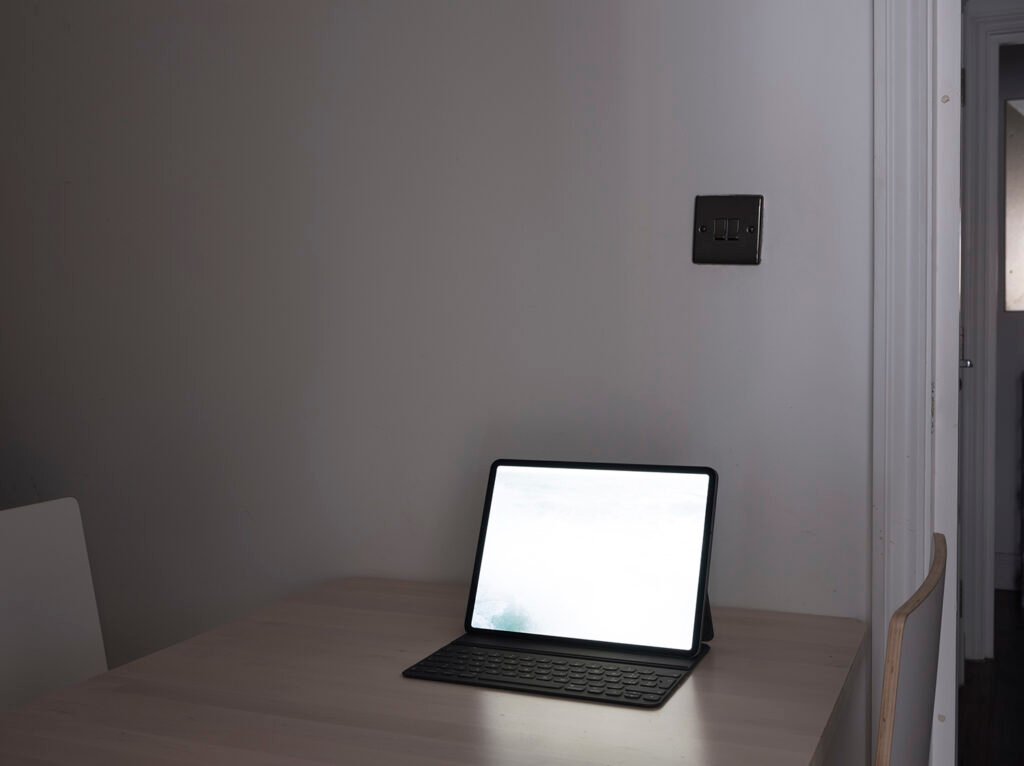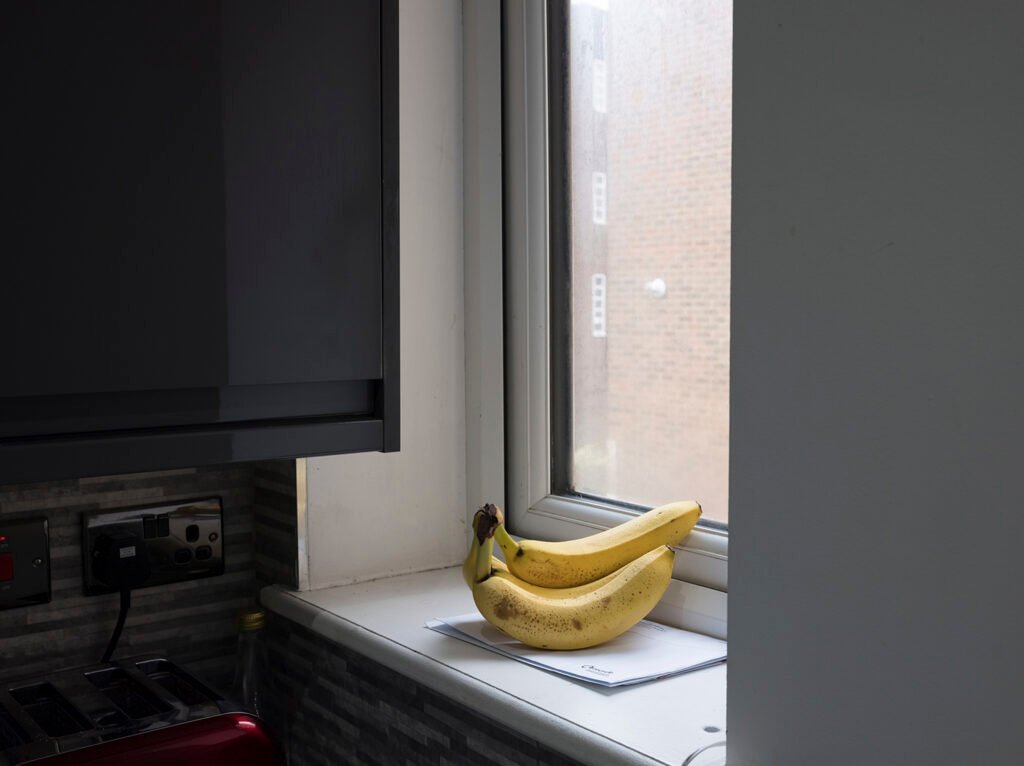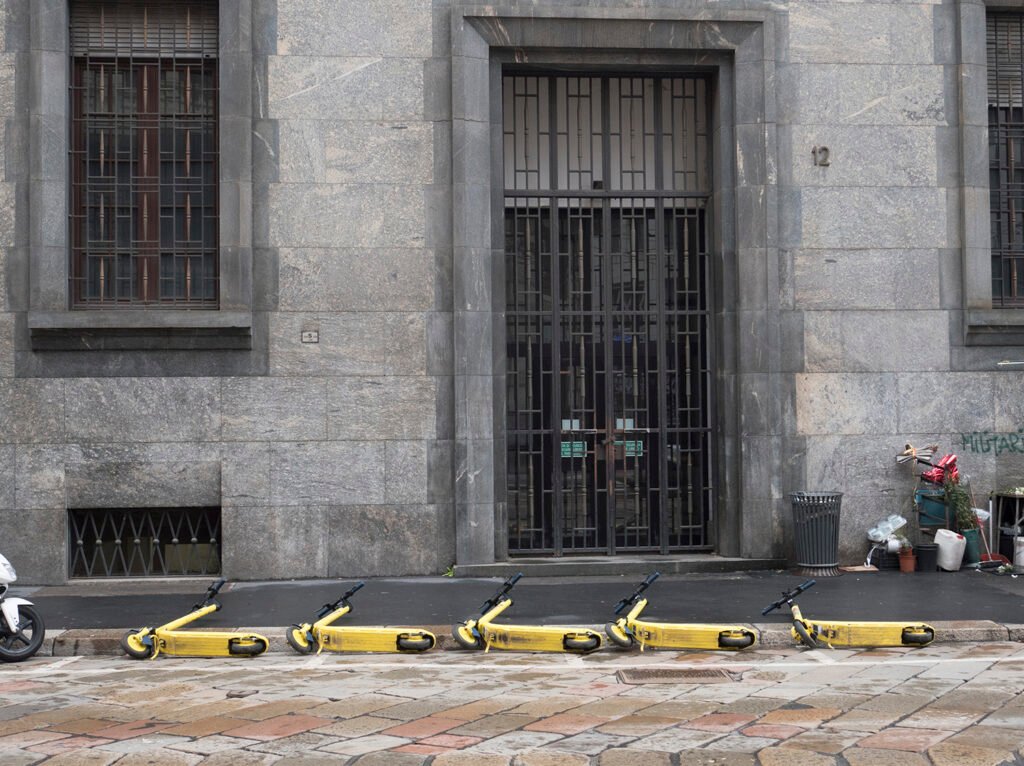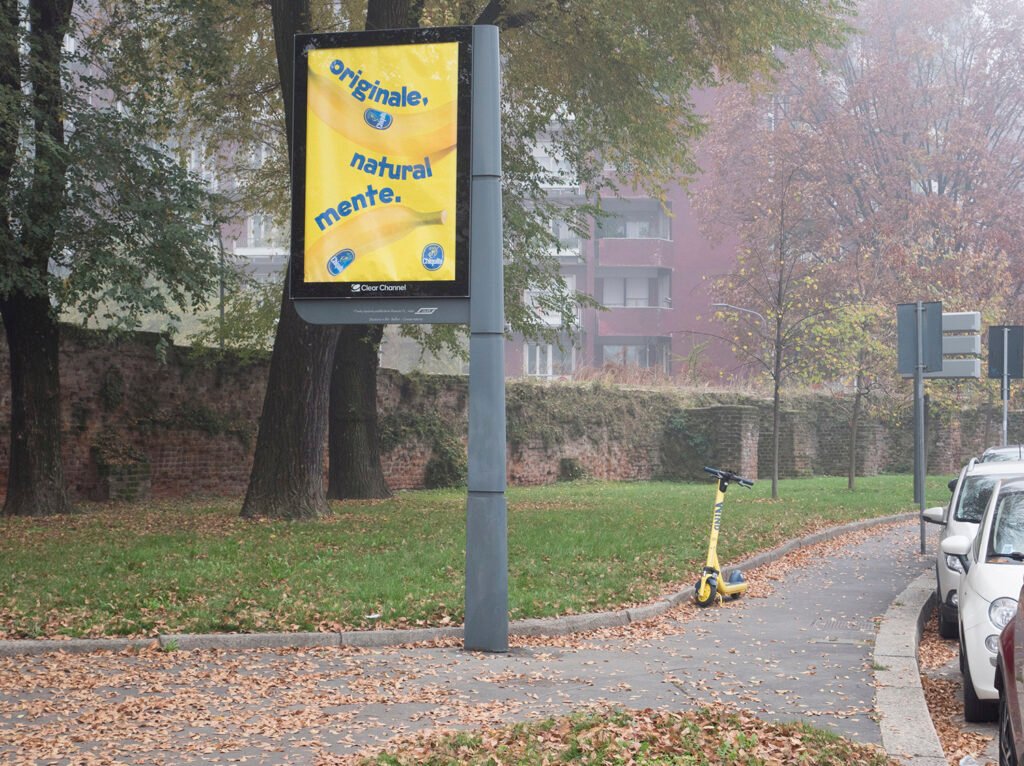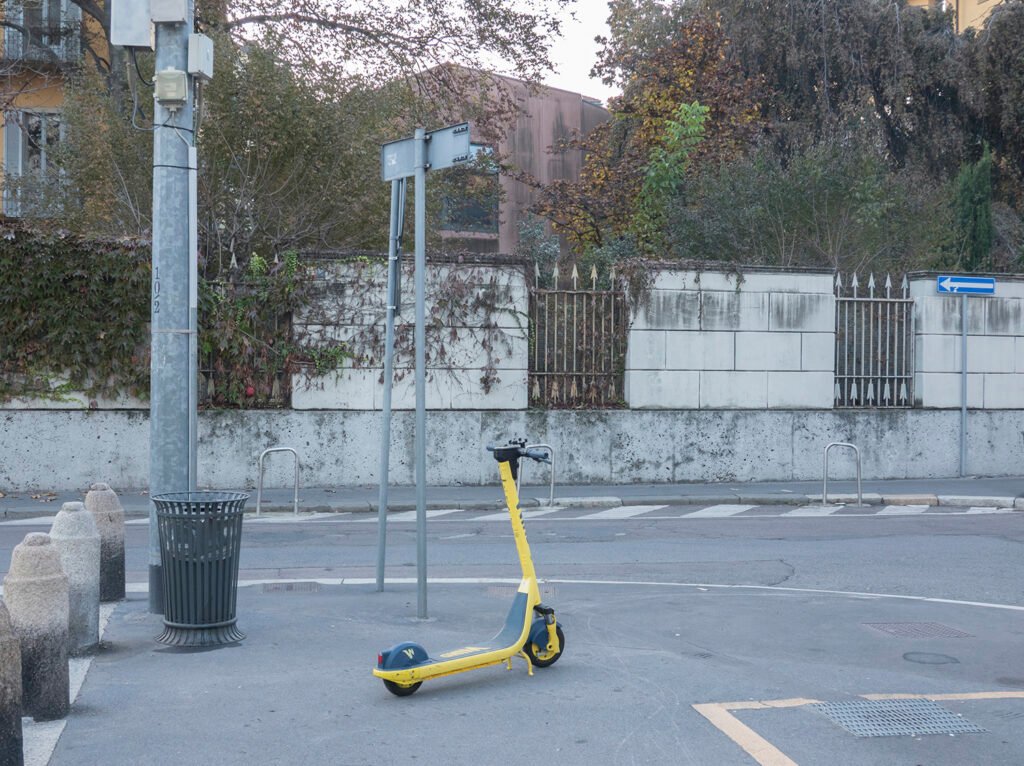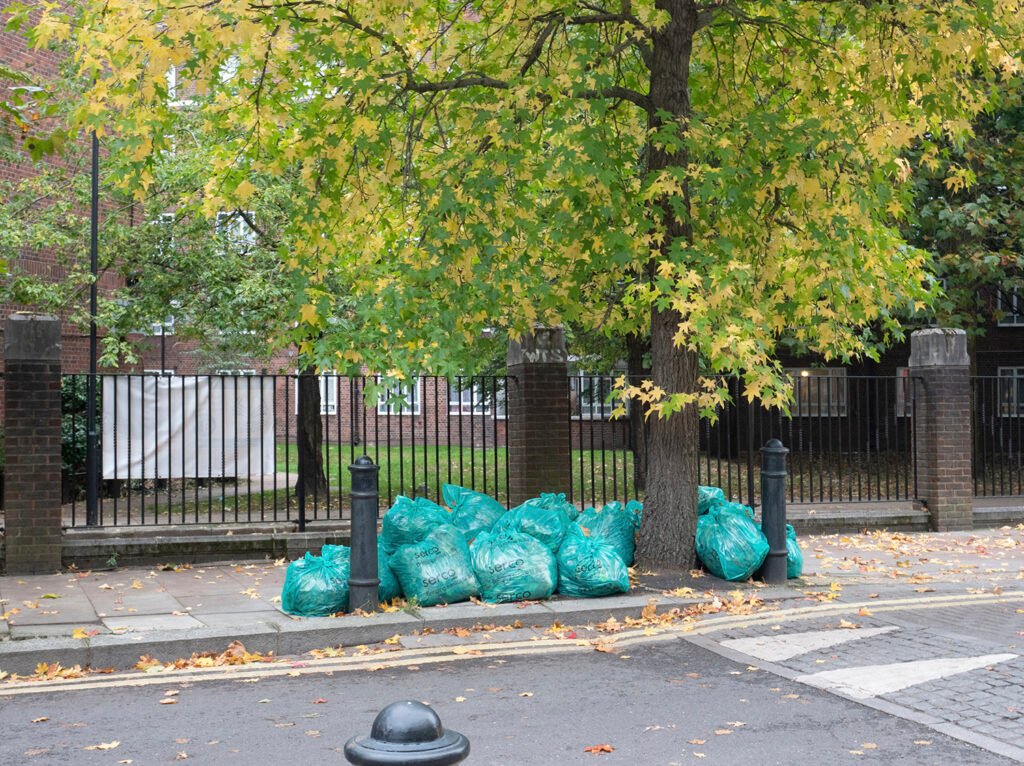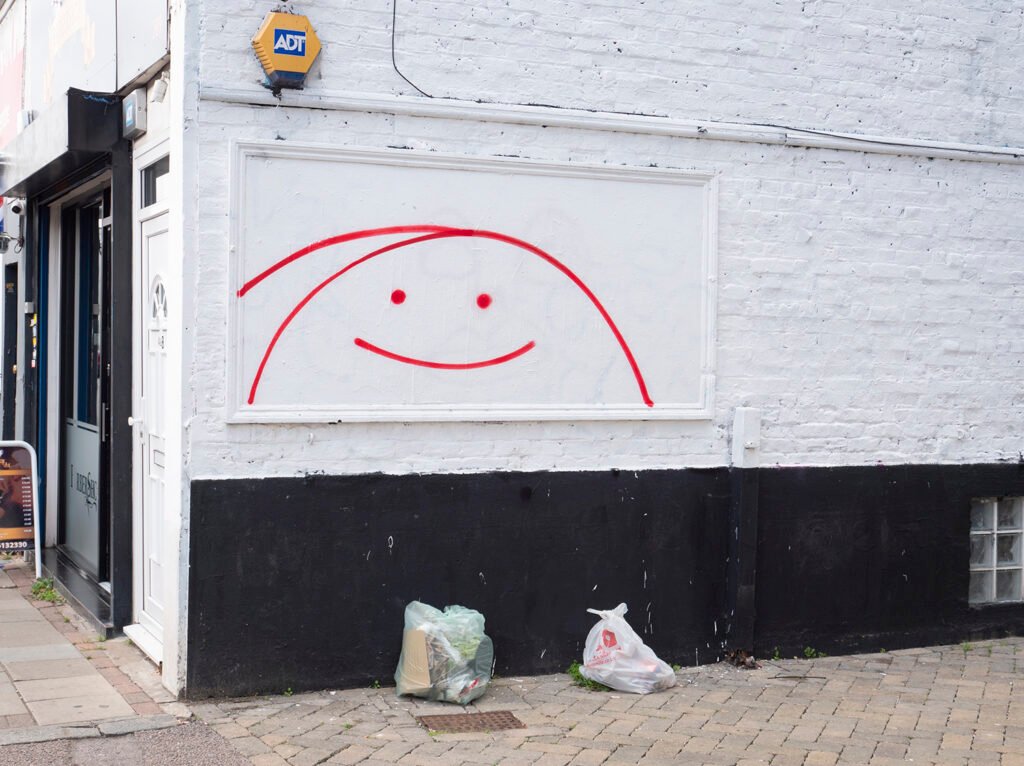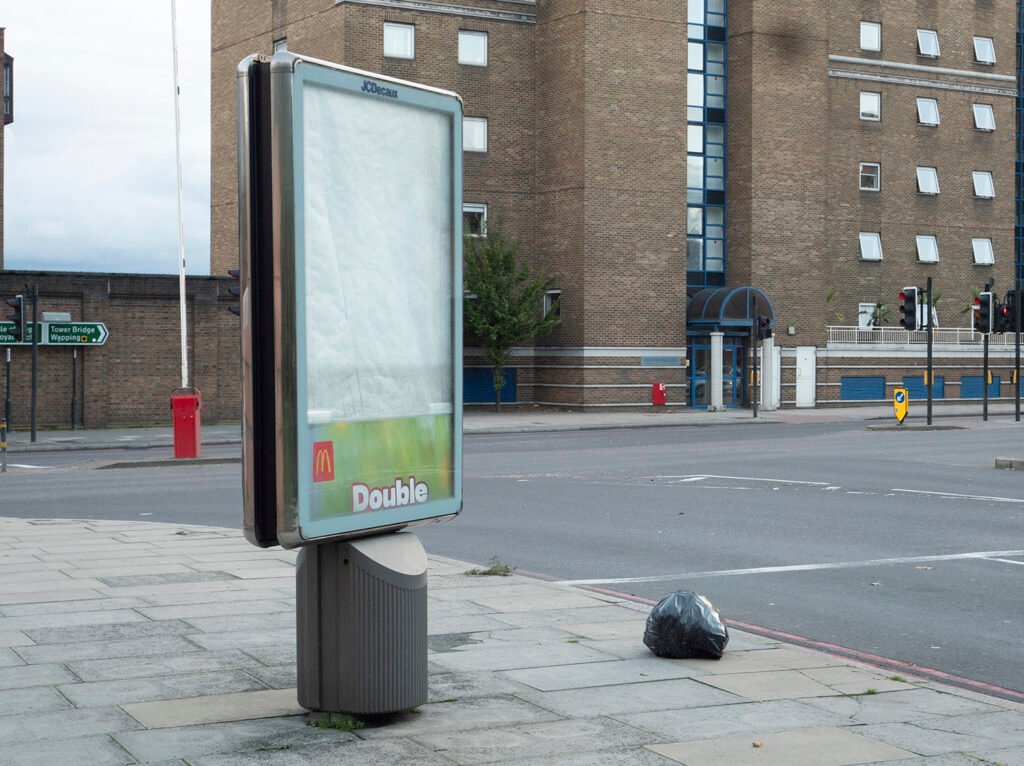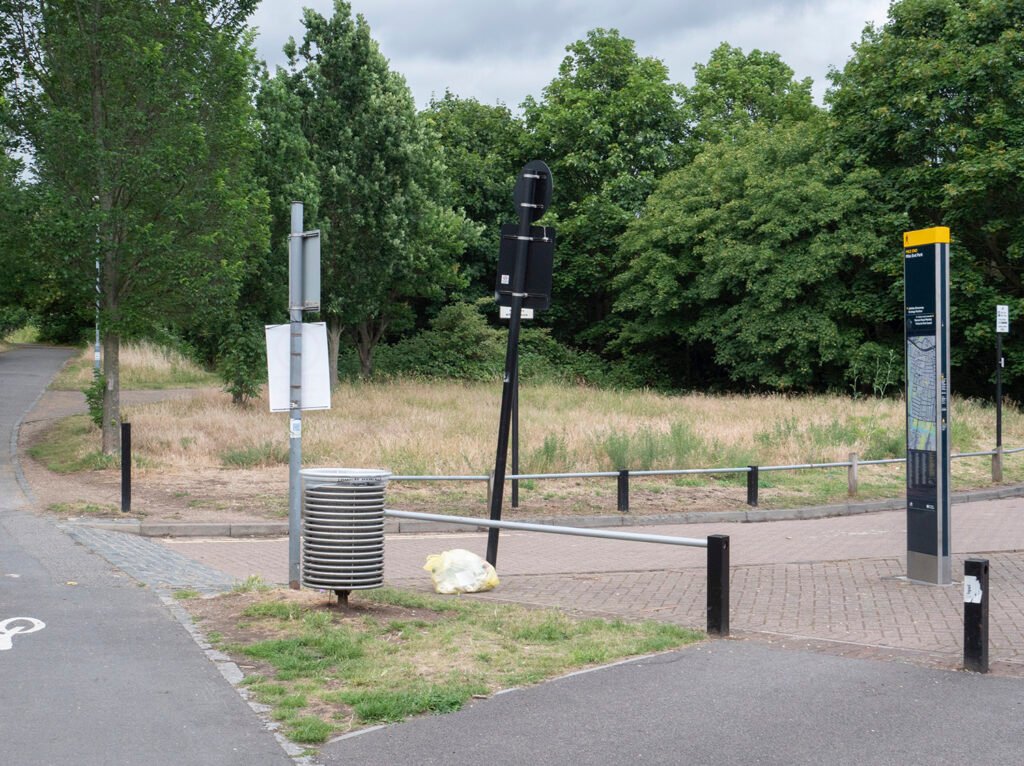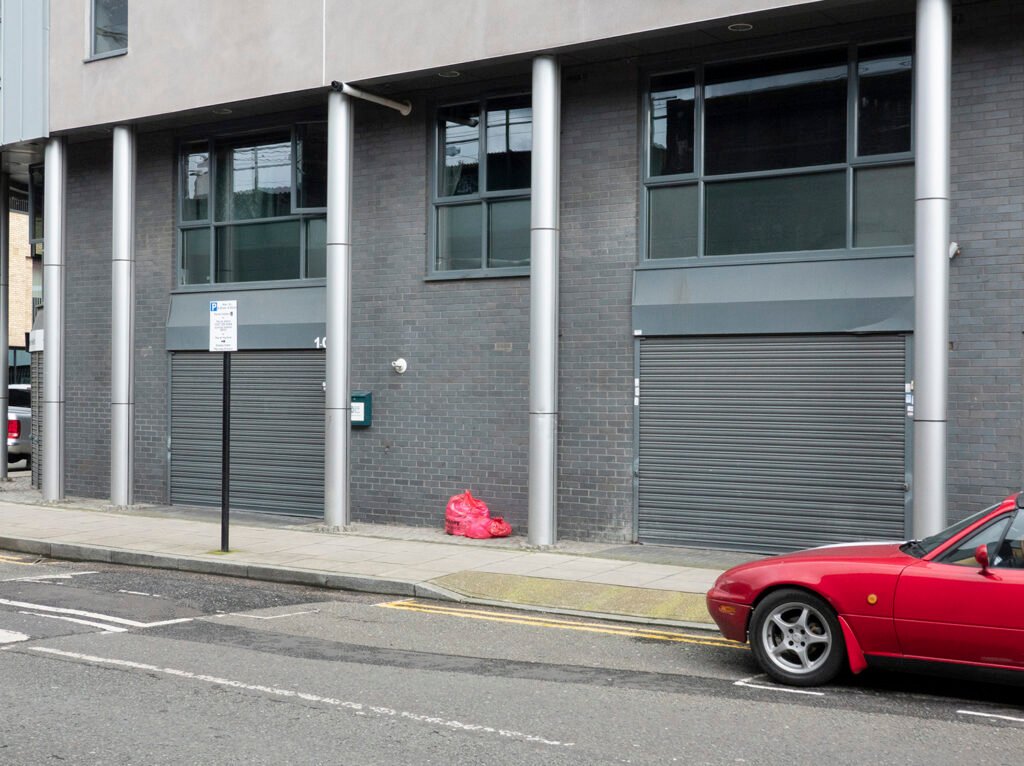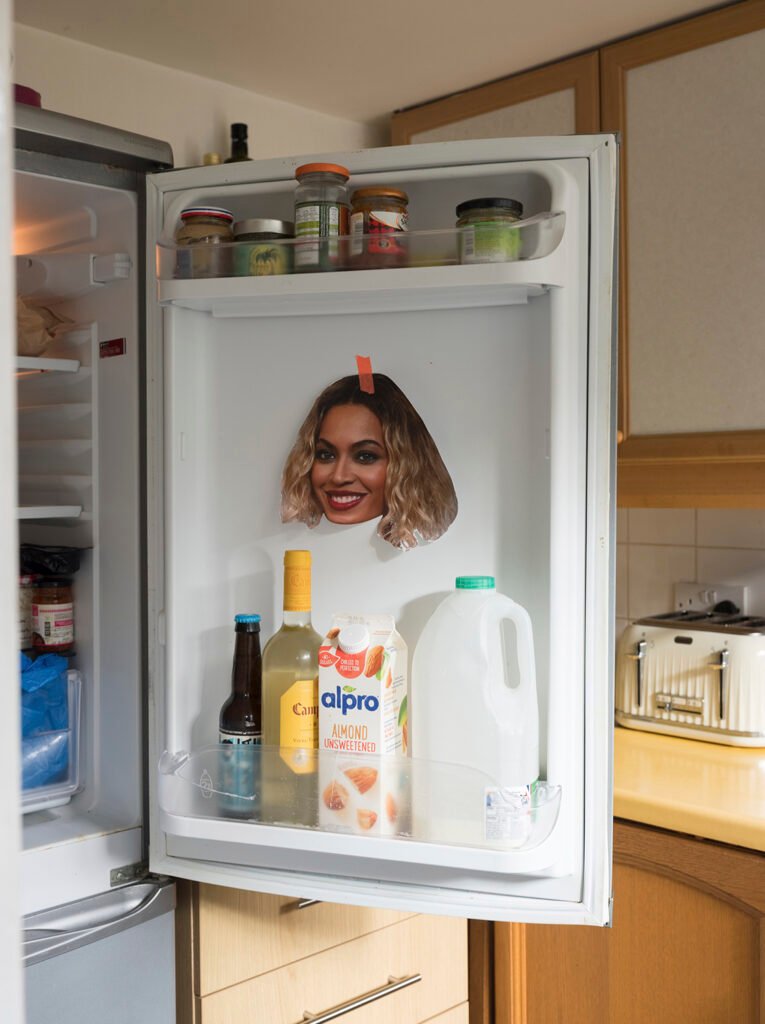Michela Coslovich: Within your works, you use photographic medium as a representative mirror of sensations and emotions, both personal and collective. In this sense, how did your photographic and creative planning come about and how does it develop?
Alessandro Furchino Capria: It depends on series and periods but I would say that, in general, everything is often linked to a reaction to a condition. This is the development center on which my production revolves: I react, often indirectly, to external stimuli connected to my interests. I photograph a lot and daily through a constant practice that is generated and regenerated in a perpetual way passing through many mistakes and wrong choices to get to define something.
MC: What does be “innovative photographically” mean to you?
AFC: I don’t think I have a real answer to this, also because it’s a question I constantly ask myself and it’s linked to my personal need to keep researching. Taking a risk, I could venture and say that continuous research is the fulcrum of innovation so, for me, innovating means continuing to search. Or at least it originates from this attitude.
MC: Let’s talk about Plastic bags (2020). In the project text author Jack Self analyzes the concept of “anthropogenic mass”, understood as the whole weight of objects produced and consumed by human beings. You decided to represent this mass in the form of plastic bags which are part of our urban environment, thus emphasizing our belonging to a consumer society. Can you tell us how this idea came about?
AFC: Right from the start I wanted to talk about us and the space that contains us. But also about the traces we leave, of who we are and the consumer society is what we are. Or at least it’s a part of it.
Things lined up: I spoke to Jack about the project afterwards, I showed it to him once it was finished and I asked him to write a text and he nailed it completely. Plastic bags was born like this. The series dates from 2020 and 2021 and the book, designed together with Nicolò Oriani, was released with Continente Editions in 2022.
MC: Monopattini (2020/2021) and Parcheggiare a Milano (2020/2021) are personal analyzes of the places where you live. Why did you decide to represent them in this way?
AFC: The way we occupy space is a topic I hold dear. As well as urban order and disorder. I was looking for excuses to talk about Milan and try to accept or understand it, or maybe partially define it. I believe that in looking at the way these vehicles are parked, a certain attitude towards interaction with the city we live in is very much understood. Thus, these two series came about. Here too as a reaction, trying, where possible, to keep the irony high and putting in a little cynicism to help the result be direct.
MC: Your photographic approach has evidently changed over the years and with your new housing and urban dimensions. Small talks with strangers (2020) is definitely an example of this changing period: can you tell us about it?
AFC: Small talks with strangers is the watershed, it’s what I use to define the new year zero. It’s the series with which I understood what I meant and after years of research, mistakes, unsuccessful attempts, I found what I was looking for. The series is pretty basic but that’s where I spawned the next production from. Through those photographs I defined the change in analysis and method starting to look and search where it interests me.
MC: You are co-founder of independent publishing house Continente Editions. Where does this desire come from and what is your relationship with paper?
AFC: Continente Editions is a project I’ve wanted to do for years but I wasn’t ready. The causes are different but now it exists: it’s a fragile sprout that we try to grow up slowly, organically and it carries with it all the respect I have for paper. We will soon be launching an annual magazine called Parklife which will cover spaces. The first issue, developed with Paola Ristoldo (co-Creative Director of Parklife and Continente Editions) and the art direction of Michela Zoppi, has the urban park as its theme: thirteen authors and a discussion between Mariana Siracusa and Jack Self. Launch will be in April 2023 in London.
Alessandro Furchino Capria (Turin, 1982) is a visual artist who lives between Milan and London. Thanks to his classical taste in composition and lighting, his works are generally natural and free from manipulation. His photographs are the result of a careful analysis of everyday life and places, linked to an attention to both animated and inanimate subjects.
